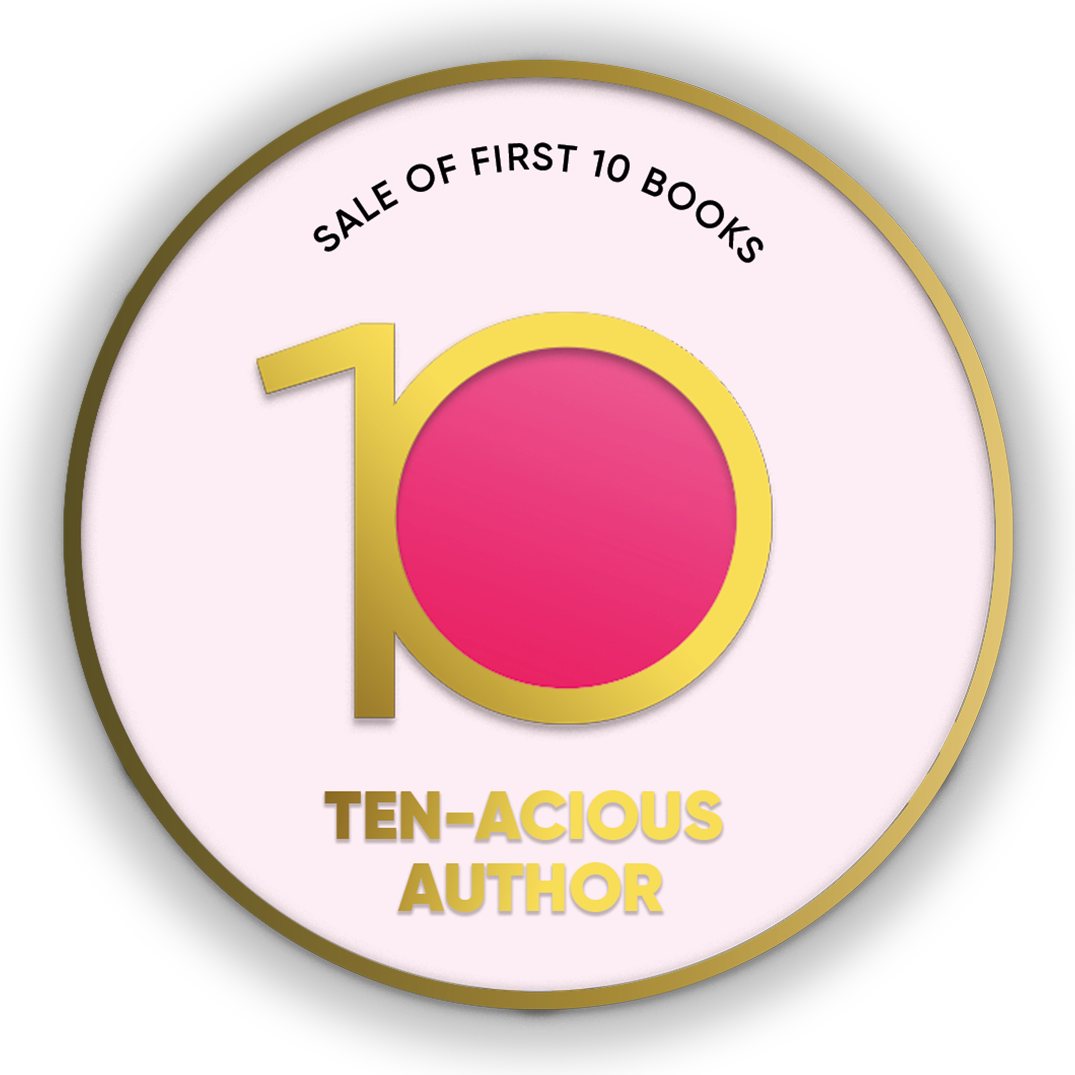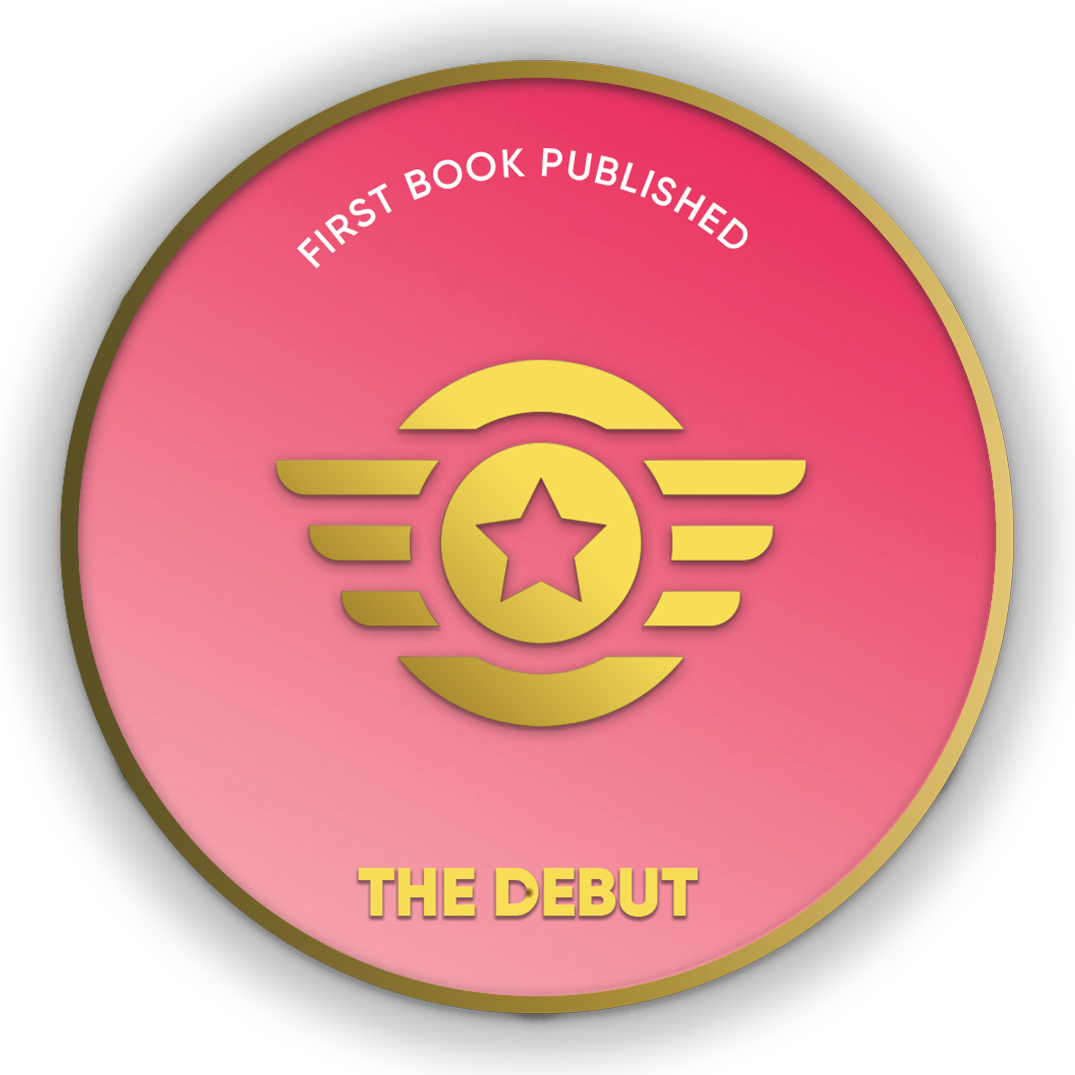
- Discover books
- For Writers
-
For Writers
-
Indie Author Championship
-
Challenges
Writing Contests
- Get Started

"It was a wonderful experience interacting with you and appreciate the way you have planned and executed the whole publication process within the agreed timelines.”
Subrat SaurabhAuthor of Kuch Woh Pal -
Deepi
Deepi didn’t set out to write a book—she set out to survive. Cuckoo in the Vineyard began as scribbled journal entries, voice notes between breakdowns, and half-sentences written in the dark. Diagnosed with bipolar II and borderline personality disorder, Deepi realized that if she didn’t tell her story, it would keep repeating in silence. She has been a banker, teacher, daughter, mother, and a woman who’s fallen apart more times than she can count—and still chosen to rise. Her writing is raw, defiant, sometimes heartbreaking, sometimes wry, but always honest. She believes healing doeRead More...
Deepi didn’t set out to write a book—she set out to survive. Cuckoo in the Vineyard began as scribbled journal entries, voice notes between breakdowns, and half-sentences written in the dark. Diagnosed with bipolar II and borderline personality disorder, Deepi realized that if she didn’t tell her story, it would keep repeating in silence.
She has been a banker, teacher, daughter, mother, and a woman who’s fallen apart more times than she can count—and still chosen to rise. Her writing is raw, defiant, sometimes heartbreaking, sometimes wry, but always honest.
She believes healing doesn’t come in perfect words or pretty quotes, but in late-night tears and uncomfortable truths. Today, she lives in a quiet town, walks with her shadows, writes with her whole heart, and drinks her chai strong—like her truths.
Read Less...Crop your profile image

Cuckoo in the Vineyard
Books by Deepi
They say a cuckoo never builds her own nest.
She lays her eggs in another bird’s home and flies away—left out, misunderstood, a mother with
love but no place to give it.
For most of my life, I felt like that cuckoo.
As if my thoughts weren’t mine.
Some arrived soft and beautiful. Others came like storms—loud, wild, and painful.
This is not a book about being “cured.”
It’s about feeling deeply.
It’s about remembering the
They say a cuckoo never builds her own nest.
She lays her eggs in another bird’s home and flies away—left out, misunderstood, a mother with
love but no place to give it.
For most of my life, I felt like that cuckoo.
As if my thoughts weren’t mine.
Some arrived soft and beautiful. Others came like storms—loud, wild, and painful.
This is not a book about being “cured.”
It’s about feeling deeply.
It’s about remembering the girl I left behind, the mother who hid her tears, the woman who kept breaking—but never stopped smiling. I was diagnosed with bipolar disorder at 42. But I’ve lived with chaos, confusion, and intensity for as long as I can remember. The diagnosis gave it a name.
But healing? That came slowly. It still does.
I didn’t write this to explain mental illness.
I wrote it to reach you.
If you’ve ever felt too emotional, too lost or too tired—this book is for you.
Pick it up.
Hold it close.
Maybe, just maybe, you’ll find a piece of yourself in these pages.
You’re not broken.
You’re growing.
And here, you are not alone.
Here, it’s okay to finally smile for yourself.
Cuckoo in the Vineyard
Books by Deepi
They say a cuckoo never builds her own nest.
She lays her eggs in another bird’s home and flies away—left out, misunderstood, a mother with
love but no place to give it.
For most of my life, I felt like that cuckoo.
As if my thoughts weren’t mine.
Some arrived soft and beautiful. Others came like storms—loud, wild, and painful.
This is not a book about being “cured.”
It’s about feeling deeply.
It’s about remembering the
They say a cuckoo never builds her own nest.
She lays her eggs in another bird’s home and flies away—left out, misunderstood, a mother with
love but no place to give it.
For most of my life, I felt like that cuckoo.
As if my thoughts weren’t mine.
Some arrived soft and beautiful. Others came like storms—loud, wild, and painful.
This is not a book about being “cured.”
It’s about feeling deeply.
It’s about remembering the girl I left behind, the mother who hid her tears, the woman who kept breaking—but never stopped smiling. I was diagnosed with bipolar disorder at 42. But I’ve lived with chaos, confusion, and intensity for as long as I can remember. The diagnosis gave it a name.
But healing? That came slowly. It still does.
I didn’t write this to explain mental illness.
I wrote it to reach you.
If you’ve ever felt too emotional, too lost or too tired—this book is for you.
Pick it up.
Hold it close.
Maybe, just maybe, you’ll find a piece of yourself in these pages.
You’re not broken.
You’re growing.
And here, you are not alone.
Here, it’s okay to finally smile for yourself.

Are you sure you want to close this?
You might lose all unsaved changes.
Select from one of our global stores to continue
 India
India
 Malaysia
Malaysia
 Singapore
Singapore
 UAE
UAE
Warning Message
The items in your Cart will be deleted, click ok to proceed.











